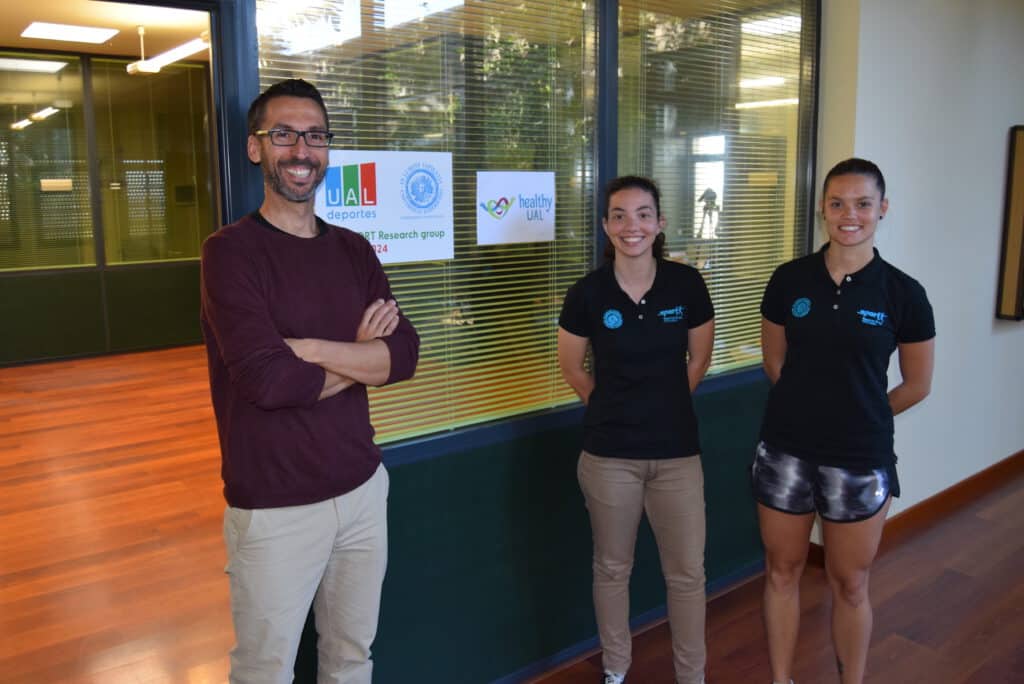Research involving the University of Granada, carried out with 2698 subjects between 25 and 79 years of age, reveals that those people who regularly perform domestic physical activity, such as sweeping, mopping or cooking, have a better cardiovascular profile.
Other previous studies have also described that domestic physical activity is associated with lower mortality from both cardiovascular disease and all-cause mortality.
Performing household chores such as sweeping, mopping or cooking could serve to improve cardiovascular health in obese men, reducing the risk of diabetes and cardiovascular disease. This is the result of an investigation in which the University of Granada participates together with scientists from the Extremadura Health System, who have analyzed data from the HERMEX project ("Harmonizing Equations of Risk in Mediterraneon Countries EXtremadura").
In addition, sedentary men or men with low levels of physical activity could improve their health The same is true for a higher percentage of women who participate in household chores, thus achieving desirable levels of physical activity, which is achieved by a higher percentage of women thanks to the physical activity they do at home.
This work, published by the Spanish Journal of CardiologyThe study analyzed a sample of 2698 participants, men and women, between 25 and 79 years of age, belonging to the cross-sectional HERMEX study, carried out entirely in the province of Badajoz.
The researchers started from a very novel concept in the field of science, that of the metabolically healthy obese (WHO), which refers to a group of obese individuals who appear to be protected from the major cardiometabolic complications associated with obesity.
In this study, they examined the differences in the cardiometabolic risk markers traditional and nontraditional between the 4 body size phenotypes (obese or not, with or without metabolic abnormalities); the possible differences by sex and the degree to which physical activity has an influence on the cardiometabolic profile.
As the lead author of this paper explains, Virginia Ariadna Aparicio García-Molina, from the Department of Physiology of the UGR, "participants with the metabolically healthy obese phenotype presented higher levels of physical activity of any type and better compliance with physical activity recommendations than individuals with metabolic disorders, whether obese or not. In other words, when we include household physical activity in the sum, the total physical activity levels of the metabolically healthy obese group are higher than both adverse metabolic profile phenotypes."
Other similar studies have observed that individuals of the WHO phenotype spend less time in sedentary behaviors and more time performing light physical activity and active commuting, compared to obese individuals with metabolic disturbances.
Increased proportion of WHO
"An important finding of this study is that. women had higher levels of physical activity if domestic physical activity is taken into account, and this could partly explain the higher proportion of WHO observed in them," explains Aparicio García-Molina.
Similarly, the higher levels of physical activity observed in women could also partly explain the more favorable cardiometabolic profile observed in them, irrespective of body size phenotype. In fact, the majority of the women in this sample were homemakers and devoted 10 times more energy to domestic physical activity than men, which could imply a substantial reduction in cardiometabolic risk in women.
"This hypothesis is supported by previous studies in which it has been described that domestic physical activity (of light intensity and that favors breaking long periods of sitting) is associated with less cardiovascular and all-cause mortality", warns the UGR researcher. These results reinforce the idea that physical activity could play an important role in the WHO phenotype and its prognosis.
Bibliographic reference:
The Role of Sex and Domestic Physical Activity on the Metabolically Healthy and Unhealthy Obesity.The HERMEX Study.
Virginia A. Aparicio, Alberto Soriano-Maldonado, Francisco Buitrago, Francisco J. Félix-Redondo, Daniel Fernández-Bergés
Revista Española de Cardiología (English Edition), Volume 69, Issue 10, October 2016, Pages 983-986
Images attached:


Contact us:
Virginia Aparicio García-Molina
Department of Physiology, University of Granada, Spain
E-mail: virginiaparicio@ugr.es



